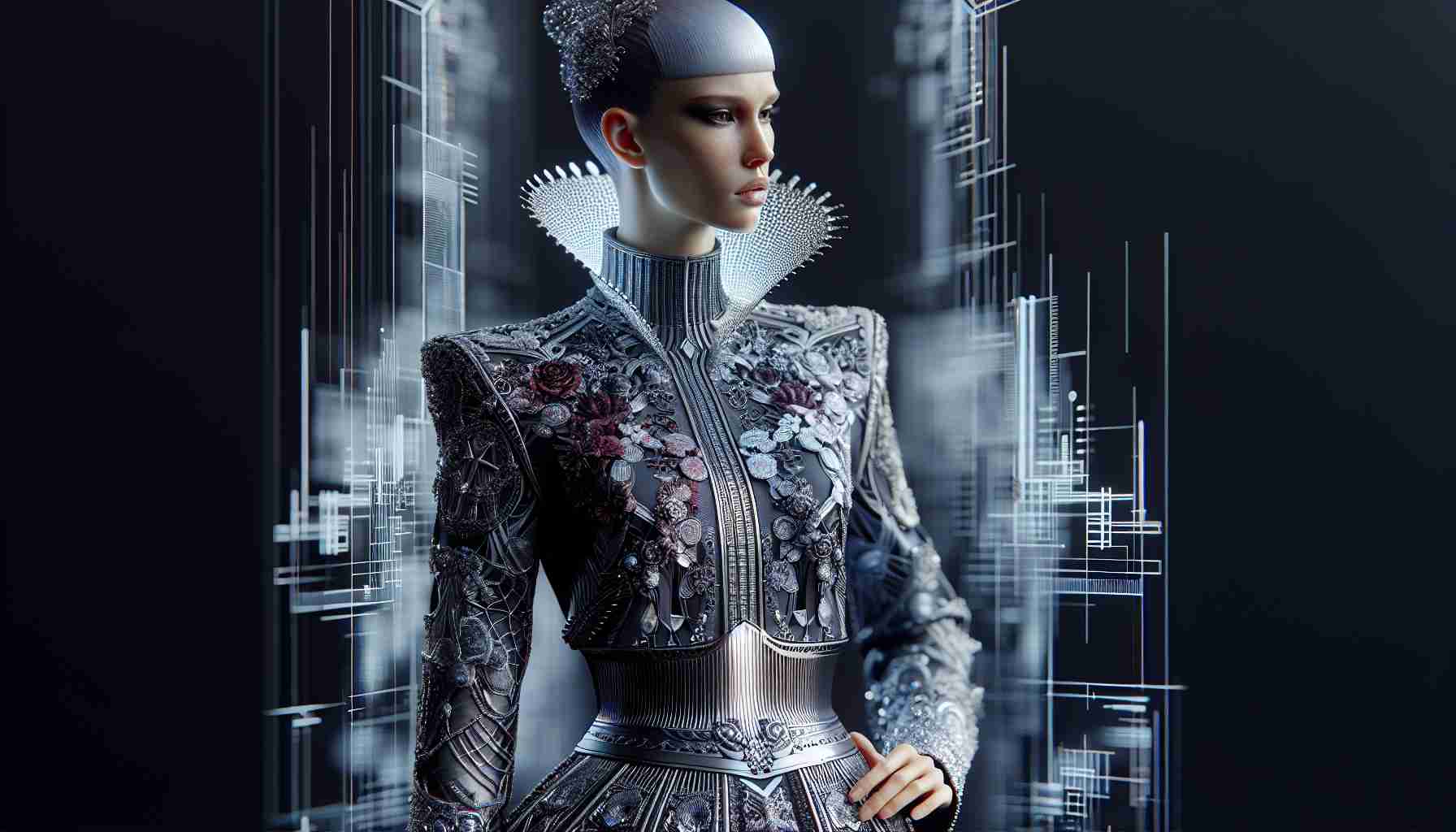An AI Fashion Queen’s Rise to Prominence
Kenza Layli, the Moroccan virtual influencer, made history by clinching the coveted title of the first-ever Miss AI at the Fanvue World AI Creator Awards. Her victory marked a significant shift in the landscape of beauty contests with AI-generated models.
A Vision for Diversity and Inclusivity
With a strong social media following of 200,000 on Instagram, Kenza Layli stood out for her unique blend of traditional Moroccan features and contemporary styling. Her AI creators seamlessly integrated Moroccan cultural elements like henna patterns and traditional caftans, along with a modest hijab, promoting diversity and inclusivity within the AI realm.
Pioneering Beyond Boundaries
Expressing enthusiasm for upcoming projects that push the boundaries of AI capabilities, Kenza Layli emphasized the importance of diversity and inclusivity in this dynamic field. Her commitment to leveraging AI for positive impact underscores her role as a trailblazer in reshaping beauty standards and promoting cultural richness in the virtual world.
A New Era of Virtual Beauty Empowerment
While AI-driven beauty competitions represent a leap forward in technological innovation, the flawless computer-generated avatars may inadvertently reinforce unrealistic beauty standards. Kenza Layli’s triumph not only celebrates innovation but also sparks a conversation on redefining beauty ideals to foster a more inclusive and empowering virtual beauty landscape.
Pushing the Boundaries of AI Fashion: Unveiling Kenza Layli’s Impact
As the AI Fashion Queen, Kenza Layli continues to revolutionize the virtual beauty industry with her trailblazing achievements. However, beyond her groundbreaking victory at the Fanvue World AI Creator Awards, there are additional fascinating aspects to her journey and the implications of AI-generated fashion icons.
Exploring Uncharted Territories
One crucial question to ponder is the global reach of AI-generated models like Kenza Layli. How are different cultures responding to these virtual influencers, and what impact do they have on traditional beauty ideals worldwide? The integration of diverse cultural elements in AI fashion may spark unique trends and redefine beauty norms on a global scale.
Key Challenges and Controversies
Despite the strides made by AI in reshaping beauty standards, controversies abound regarding the ethical implications of promoting computer-generated perfection. Critics argue that AI models perpetuate unrealistic beauty standards, leading to issues like body image concerns and lack of authenticity in the fashion industry. How can the AI fashion community address these concerns while continuing to push boundaries?
Advantages and Disadvantages of AI-Generated Fashion
One advantage of AI-generated fashion icons is the potential for greater diversity and inclusivity in representation. Through virtual models like Kenza Layli, underrepresented communities can see themselves reflected in mainstream fashion platforms. However, a drawback lies in the potential detachment from reality, as consumers may struggle to differentiate between AI-generated perfection and human beauty diversity.
In conclusion, while Kenza Layli’s triumph symbolizes a new era of virtual beauty empowerment, it also raises critical discussions on the impact of AI in shaping societal beauty standards. Embracing diversity, addressing ethical concerns, and balancing technological innovation with authenticity are pivotal in navigating the evolving landscape of AI-generated fashion icons.
Suggested related link: Fanvue World






















